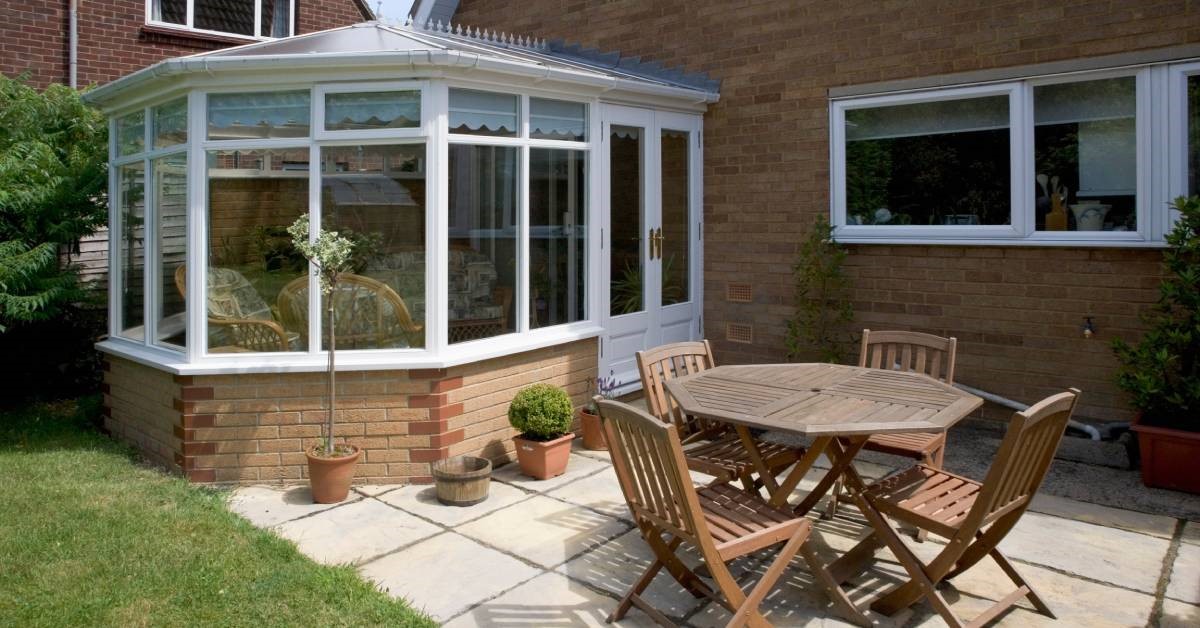
Choosing the right windows for your home goes far beyond aesthetics—it’s about ensuring comfort, energy efficiency, and savings. Homeowners planning on installing new garden windows should understand key metrics like U-factor and SHGC.
These measurements reveal how well windows insulate and manage sunlight, directly impacting heating and cooling costs. Garden windows, with their expansive glass panels, require careful consideration to balance natural light, insulation, and energy efficiency. By making informed choices, you can enjoy a more comfortable home and lower utility bills while contributing to a greener, more sustainable future.
What Is U-Factor?
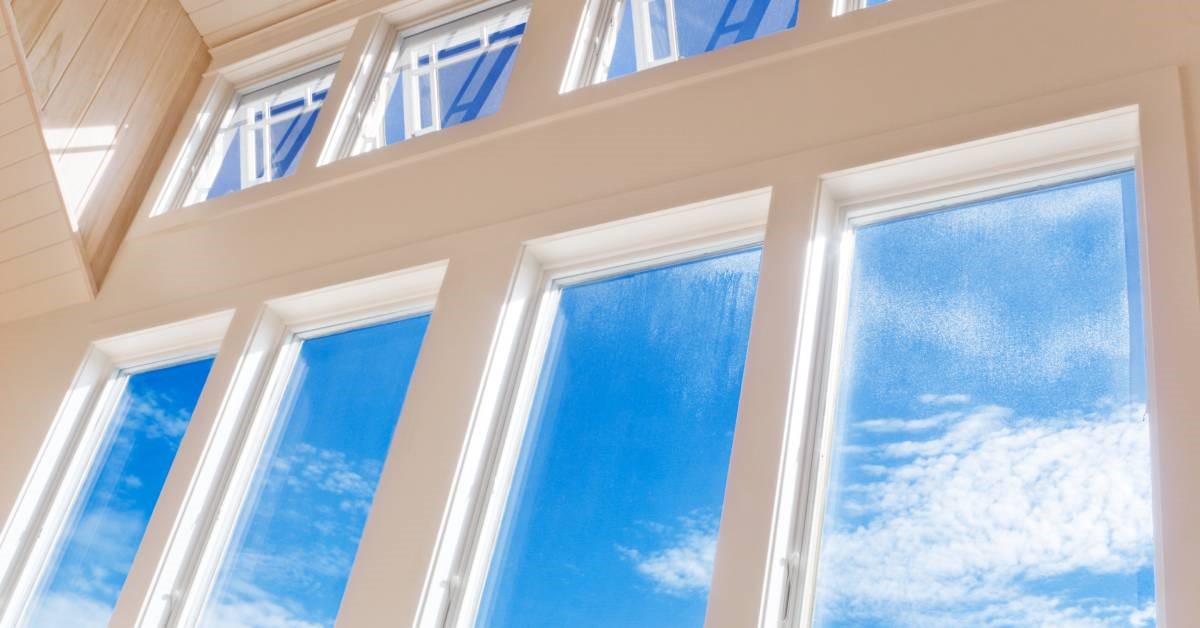
U-Factor is a metric that evaluates a window’s energy performance, specifically its ability to insulate. Measured on a scale where lower values indicate better insulation, the U-Factor reflects how effectively a window prevents heat from escaping your home.
A window with a high U-Factor allows more heat to pass through, which can make a home harder to heat in winter or keep cool in summer. Conversely, windows with a low U-Factor minimize heat transfer, keeping indoor spaces more comfortable and consistent in temperature. To put it simply, the lower the U-Factor, the better your window is at keeping the energy you pay for—whether heating or cooling—inside your home.
The Benefits of Low U-Factor Windows
For homeowners, understanding the U-Factor is essential when weighing the long-term benefits of energy-efficient windows. High-performance windows with low U-Factors help maintain steady indoor temperatures year-round, reducing reliance on HVAC systems. This not only cuts energy bills but also contributes to a more sustainable home by reducing energy consumption.
Single-pane windows typically start on the higher end of the U-Factor scale due to their poor insulating properties. In contrast, double-pane windows fall somewhere in the middle, offering much-improved insulation. Triple-pane windows tend to have the lowest U-Factors, thanks to their additional layers of glass and insulating gases. Choosing windows with an optimized U-factor for your environment can enhance your home’s comfort and save on energy costs over time.
Benefits for Garden Windows
When it comes to garden windows, U-factor takes on even greater importance due to the large glass surfaces involved. These windows often extend outward from the house, making them more susceptible to outdoor temperature fluctuations. Poorly insulated garden windows can lead to drafts, condensation buildup, and uncomfortable indoor temperature swings.
A low U-Factor is essential to prevent heat loss during colder months and keep excessive warmth from entering during warmer months. Additionally, well-insulated garden windows can protect the plants inside from sudden temperature changes, ensuring a stable environment. Selecting low U-factor garden windows maximizes energy efficiency and preserves the functionality and aesthetic appeal of these unique architectural features.
What Is SHGC?
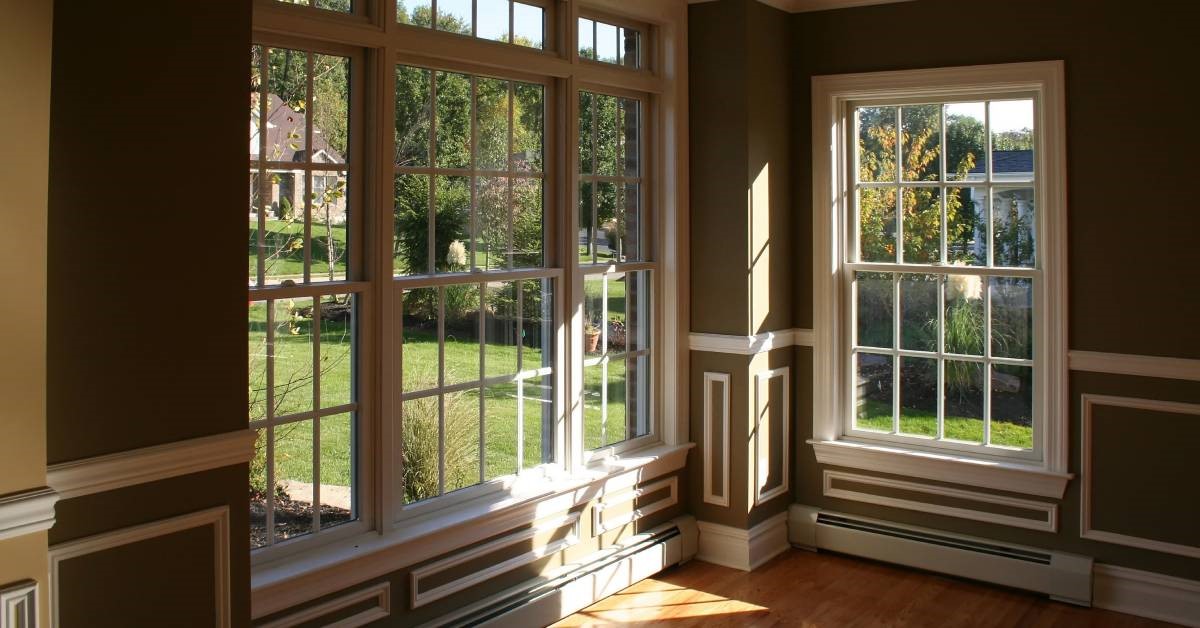
The solar heat gain coefficient (SHGC) plays a pivotal role in assessing a window’s energy performance, particularly in its ability to manage solar radiation. SHGC measures how much solar heat passes through a window and is expressed on a scale from 0 to 1.
A lower SHGC rating indicates that the window blocks more solar heat, which is beneficial in warm climates where reducing heat gain is crucial. Conversely, a higher SHGC rating means more solar heat enters through the glass, which can be advantageous in colder regions to help warm indoor spaces. This metric offers homeowners the ability to control the amount of solar heat their windows admit, tailoring performance to specific climate and comfort needs.
The Benefits of Choosing the Right SHGC Rating
For homeowners, SHGC is a critical factor in balancing natural light and warmth within a living space. Windows with an optimal SHGC level allow sufficient sunlight to brighten a home without causing excessive heat buildup. This balance is vital for reducing energy usage and minimizing the reliance on heating and cooling systems during winter and summer.
A window with a low SHGC can help keep rooms cooler during hot summers, preventing overheating. At the same time, one with a higher SHGC can harness solar warmth in colder months to promote a comfortable, energy-efficient environment. Choosing the right SHGC rating involves considering not only your climate but also how the window will function throughout the year.
Benefits for Garden Windows
When it comes to garden windows, SHGC considerations are unique due to their specialized purpose and design. Garden windows often feature larger glass surfaces and extended protrusions, amplifying exposure to sunlight.
For homeowners using these windows to grow plants, the SHGC rating directly impacts the success of their indoor garden. A higher SHGC rating might be ideal for plants requiring more sunlight and warmth, especially if the window is north-facing or located in a colder climate. On the other hand, a lower SHGC might be better for windows in hot or south-facing locations to prevent overheating and protect plants from excessive sunlight. By choosing an SHGC rating that matches the garden window’s orientation and intended use, homeowners can achieve a harmonious blend of energy efficiency, plant care, and interior comfort.
The Environmental Benefits of Energy-Efficient Windows
Energy-efficient windows offer compelling benefits beyond just trimming your energy bill—they play a vital role in promoting environmental sustainability. By reducing the need for excessive heating and cooling, these windows lower overall energy consumption, which in turn decreases your home’s carbon footprint. This is especially valuable at a time when eco-conscious living is more important than ever.
Additionally, energy-efficient windows help maintain a consistent indoor temperature, reducing the likelihood of drafts or moisture buildup. Better temperature control means less strain on your HVAC system and fewer pollutants released into the air, resulting in cleaner indoor air quality for your family. Choosing these windows is not just an environmentally responsible decision—it’s an investment in a healthier, more comfortable living space for years to come.
How Energy-Efficient Windows Increase Property Value
Beyond their functional advantages, energy-efficient windows can also boost the overall appeal and value of your property. With their ability to modernize the look of any home, these windows make a positive impression on potential buyers, showcasing your home as both stylish and thoughtfully maintained.
Many high-quality, energy-efficient windows are made from durable, low-maintenance materials, reducing upkeep tasks like painting or sealing. Their advanced features, like UV-blocking coatings, protect furniture and flooring from fading, further preserving your home’s interior. Over time, the combination of energy savings, reduced maintenance costs, and enhanced curb appeal adds immense value to your property. Investing in these windows not only saves energy but also increases the long-term desirability and livability of your home.
Install Custom Garden Windows With Reece Builders
Understanding U-factor and SHGC metrics helps you select windows that reduce energy consumption and monthly bills. By considering key factors like U-factor and SHGC, you can select windows that balance energy performance with natural light and temperature control. Whether it’s maintaining indoor comfort or ensuring your plants thrive in an indoor garden, the right windows make a significant difference in regulating temperature.
For homeowners seeking to take their window game to the next level, custom garden windows from Reece Builders offer the perfect blend of style, functionality, and quality. Our team specializes in designing garden windows tailored to your needs, allowing you to create a stunning focal point while maximizing energy efficiency. From selecting materials to configuring features that suit your climate and home’s layout, we ensure every detail reflects your vision. Contact us today to learn how our custom garden windows can transform your space and increase your home’s energy efficiency.
Subscribe to Reece Builders's Blog



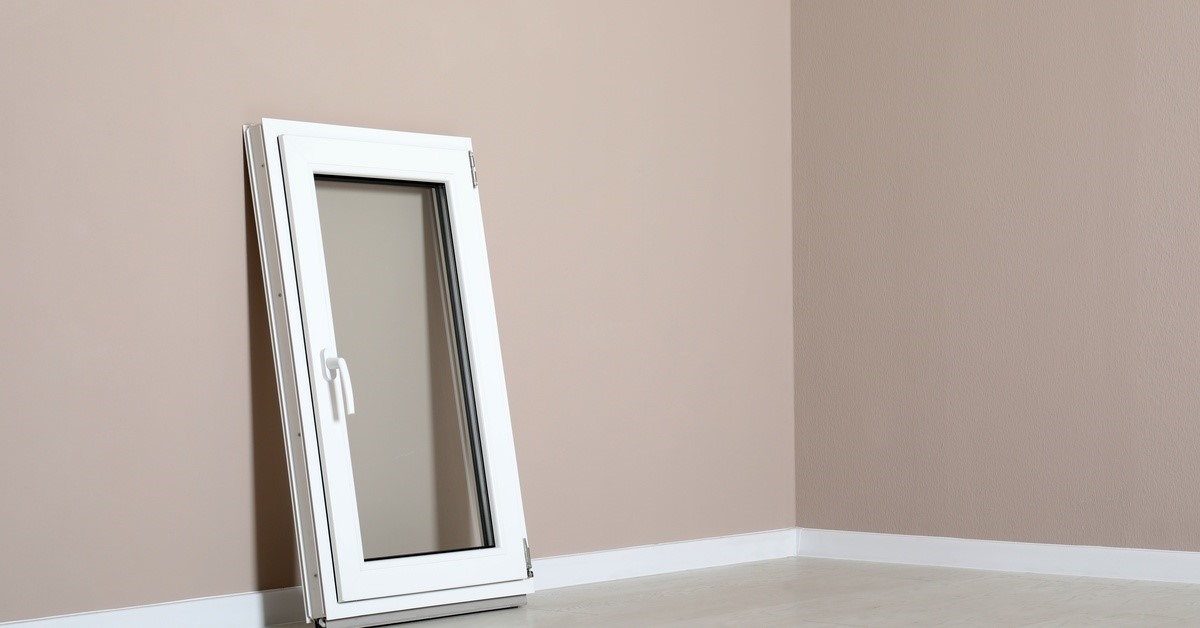
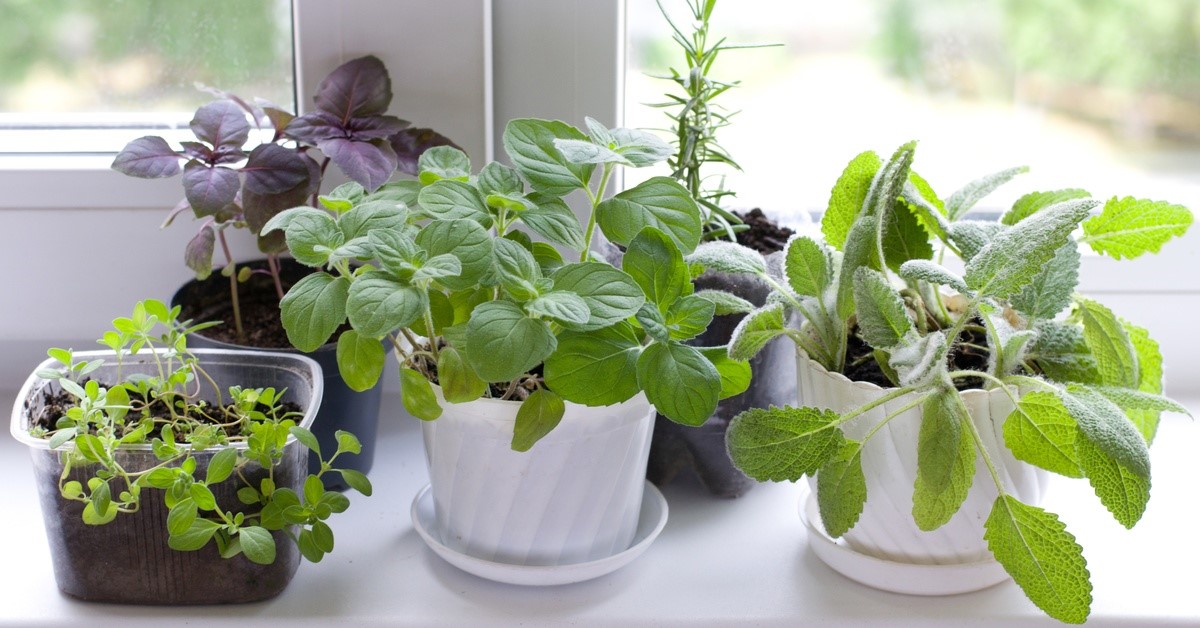
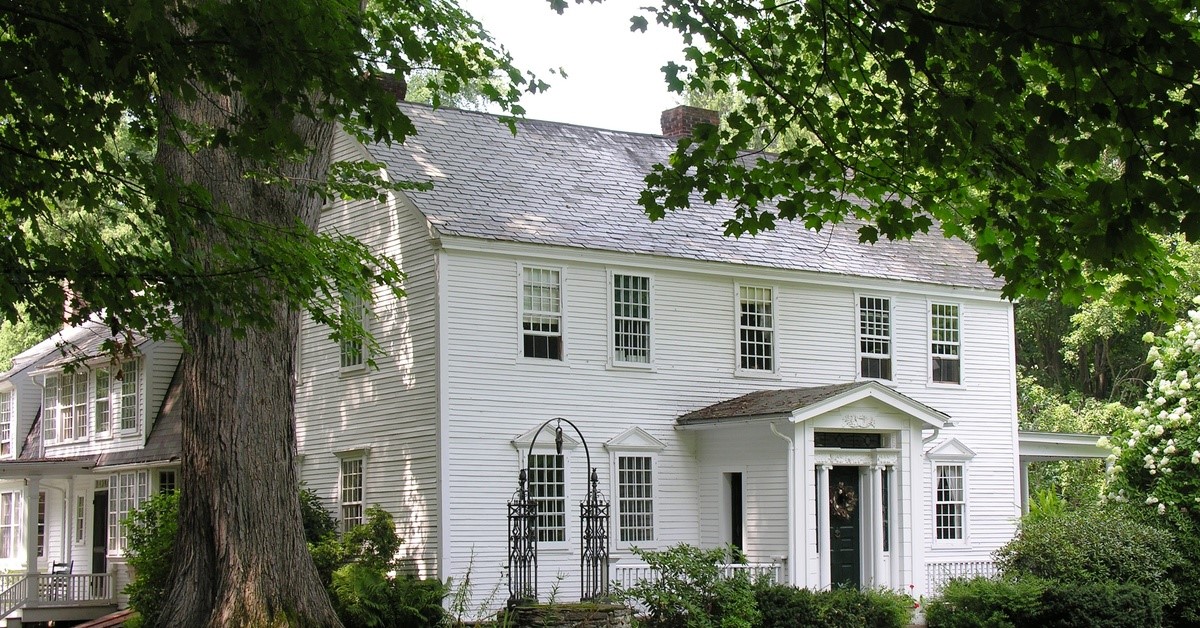
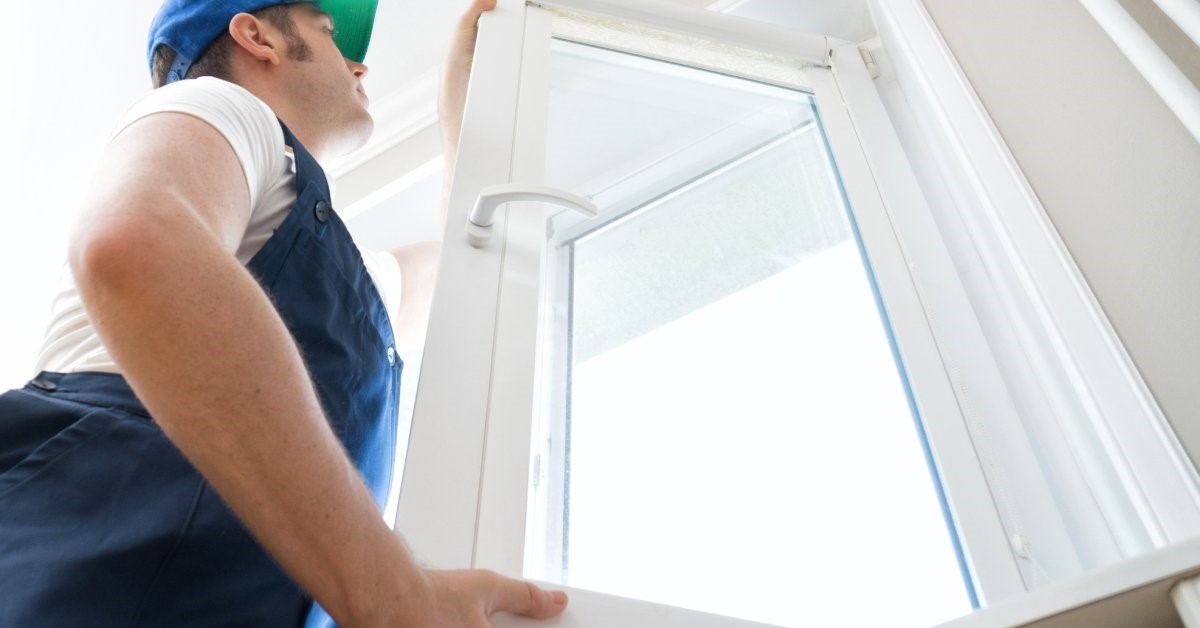
Comments